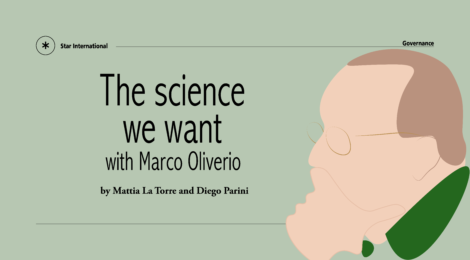
The science we want
Being the director of a large and heterogeneous Department such as the Biology and Biotechnology Department “Charles Darwin” requires constant dedication and a precise idea of where to go. On the occasion of the site visit, we asked the Director about the present and the future.
with Marco Oliverio
by Mattia La Torre and Diego Parini
Which are the important elements of building an ideal Department?
That is the question I have been asking myself since I took over as Director. I try to look at the Department with the eyes of young people, who look at the Department as the goal of their career. I ask myself whether the Department can be for both young and old. Having to choose, I would prefer it to be for young people and not for older adults – like me – who still have 12 years of career ahead. Is it possible to create this coexistence? In my opinion, yes, you can, but how do you do it? Older adults must ask themselves what must be done so that young people look to the Department as an ambition, as a target, and do not look elsewhere. One of the main things we need to focus on is merit, which must be rewarded but must be compatible with requests. For example, there is no need in the Department for a nuclear physicist, even if he, or she, is the best nuclear physicist in the world. Or an excellent zoologist who studies the issues or organisms we do not deal with; we can not create a laboratory just for him. However, you should feel that merit counts, not that clientele relationship or particular trust with the professor. If young people perceive that this is how things work in the Department, then a first piece has been put. Another critical factor is that young people must feel involved; they must think that their opinion is taken into consideration and not set aside by a possible ruling class just because they are young. This is also true for the executive ranking, which sees from the ordinary and gradually descending to make decisions listening to each other, without listening to the rest. If a department starts triggering these internal dynamics, it becomes an ideal and attractive place for everyone. Because in this context, everyone gains, even the old, being in a situation where someone never sees them as a counterpart, but all as participants in this common game. When things go well, everyone gains, and when things go wrong, everyone pays. But we all do it together, from this point of view things work better. A third element is that this structure must look out. It may seem trivial but not at all. We are the Department of Biology and Biotechnology, and biology and biotechnology are running at crazy speeds around us. We have to watch what happens; the rest of the world also changes the economy, society, people, needs, conditions, and so on. Looking around means that the Department does not just look at the navel; it looks outside. In the Department, composed of 85 teachers and researchers; about forty administrative-technical staff; a myriad of postgraduates, and PhD students; we do not just work for this community, which despite being a large community, is nothing compared to the rest, the city of Rome or Italy. We have to think that what we do is something that has to go out. Calibrate what we do, not every twenty years, but continuously concerning the changing world around us. This is not very easy, particularly for research. Research is an important hinge, one of the great legs that support our academic system. You must be ready to run toward each other without being carried away by fashions or emotions. Look at innovations; also, because we are a Department of Biology and Biotechnology, the technological aspect is important; it keeps you abreast of discoveries. The scientific result is guaranteed if you have the right ideas and use cutting-edge technologies.
Is this also the idea for the site visit?
Since the foundation of this Department, the site visit has been a must, to be told by someone outside, neutral, what goes or does not go. It is always lovely to hear that things are going well, and we are happy with that, but especially if they point us to how we are seen from the outside and possible corrections, it is up to us to conclude. This site visit will focus on research, so there are aspects, such as teaching, that they will not emphasize. And it is going to be up to us to work on it. We have hundreds of people as Bachelor’s Degree and Master’s Degree students, and it is a significant job to do. As we said before, this too must be calibrated to the society that changes and always asks for different things; therefore, we must keep up with what our stakeholders ask for. In this context, the third mission is essential in connecting with the outside world, like a channel of the relationship between us inside, our navel, and the rest of the world. In our Department, we are constantly implementing it to the best, and we are relatively virtuous; this must be maintained and maybe even strengthened because it is an essential channel.
What would it be the word if you were to describe today’s Department?
In progress
How about imagining a word for the Department in five years?
Advanced
Marco Oliverio, Zoologist at Department of Biology and Biotechnology “Charles Darwin” of Sapienza University of Rome




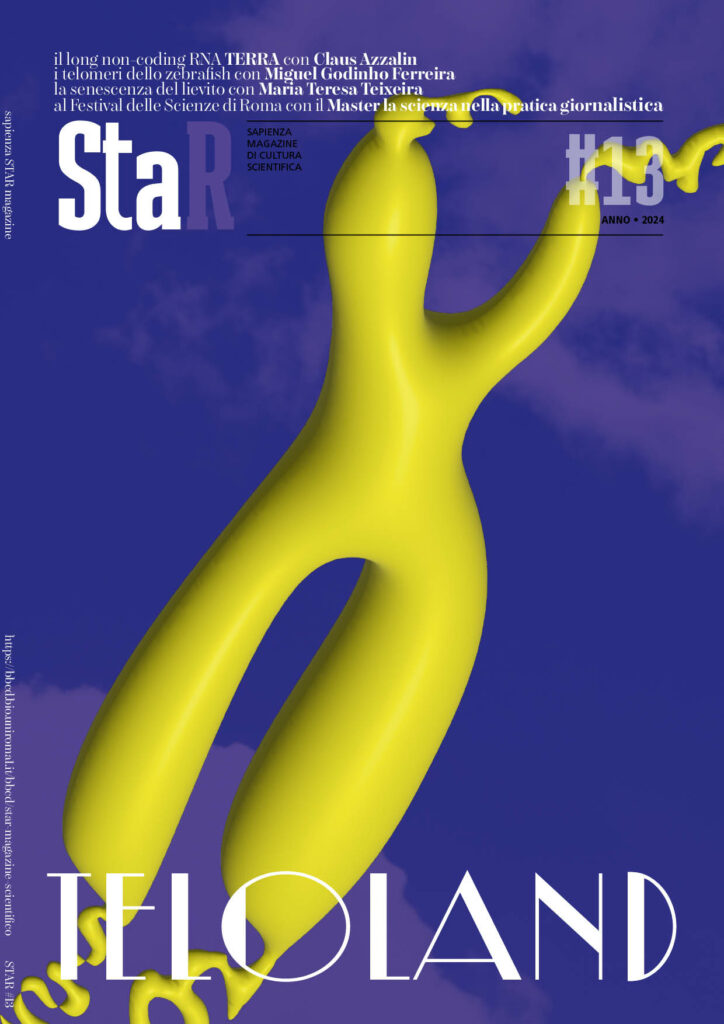



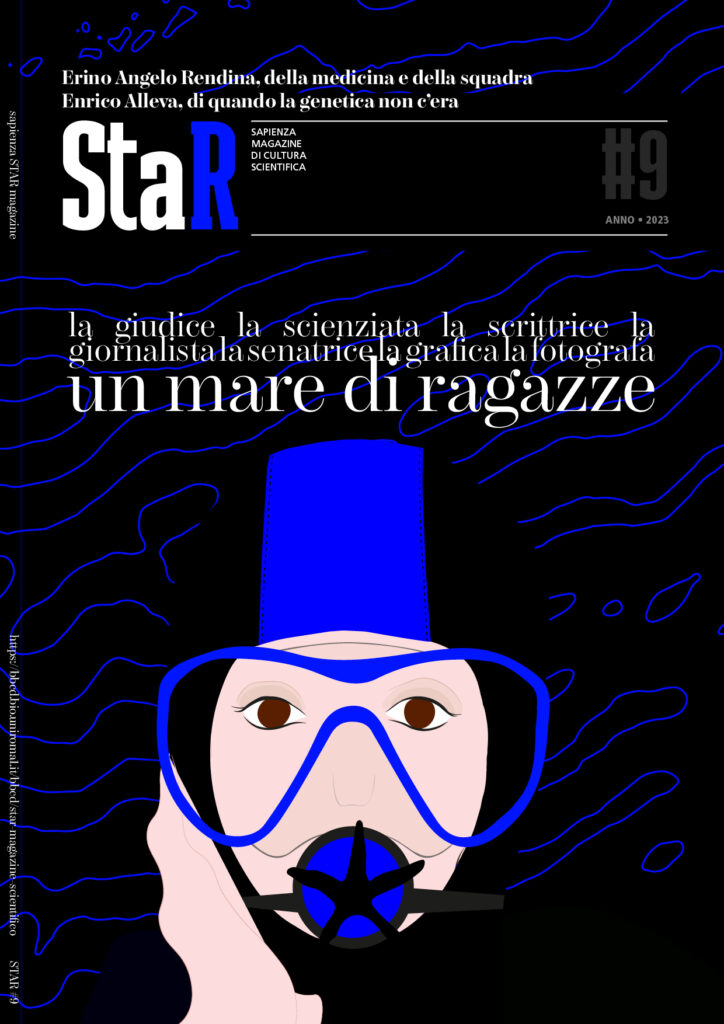
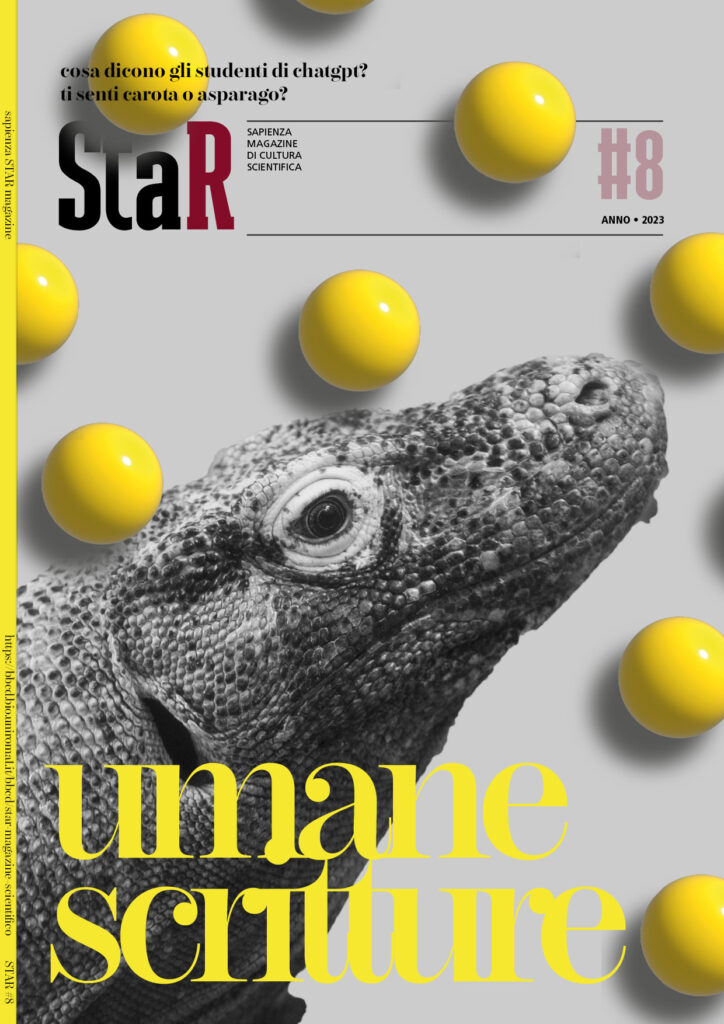
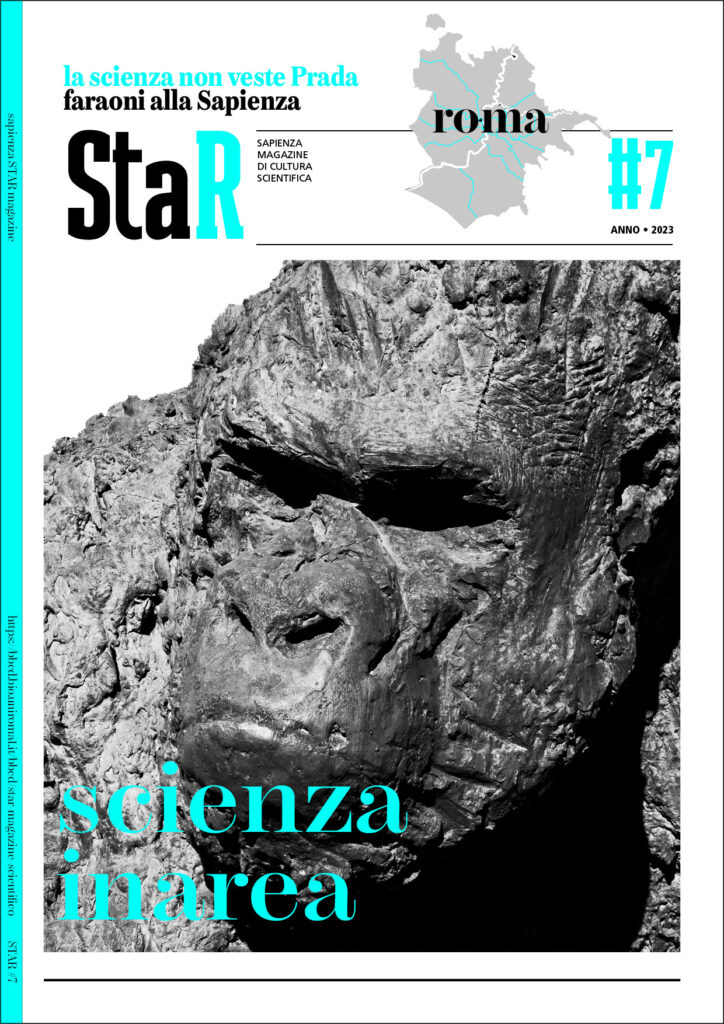

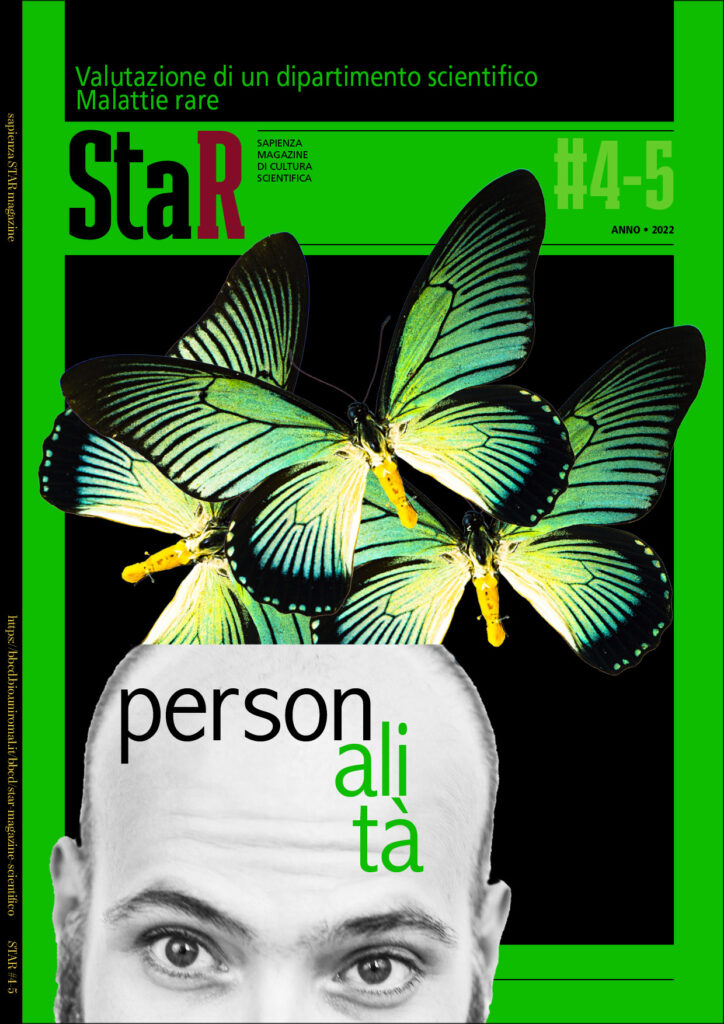

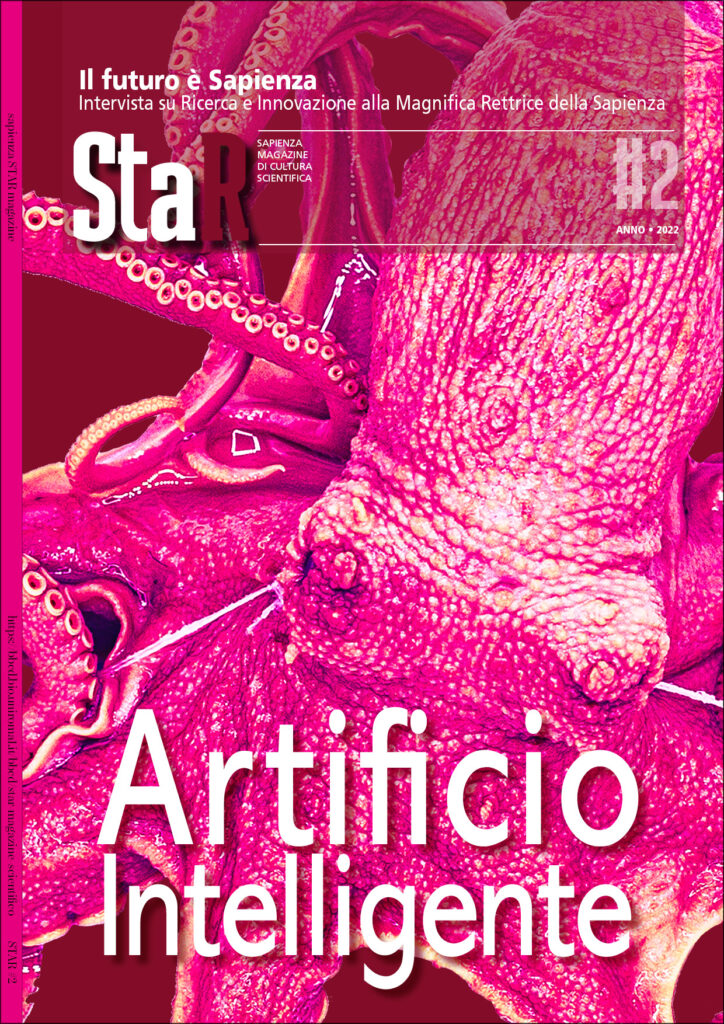

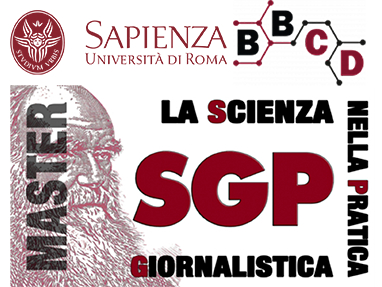
Commenti recenti